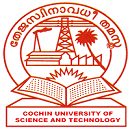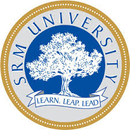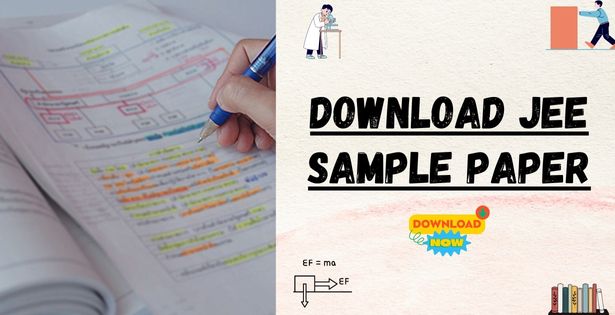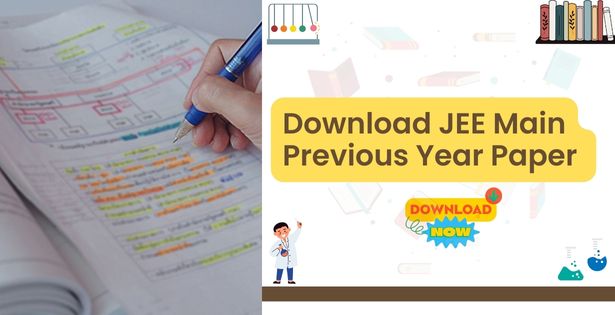About Coordination Chemistry And Organometallics, Download Notes
What Is Coordination Chemistry?
Coordination Chemistry: Coordination chemistry is a branch of chemistry that deals with the study of compounds formed by the coordination of a central metal ion or atom with surrounding ligands. Ligands are molecules or ions that donate electron pairs to the metal center, forming coordinate bonds. These complexes exhibit unique properties and behaviors due to the coordination of the metal ion and ligands. Coordination chemistry plays a crucial role in fields such as catalysis, materials science, bioinorganic chemistry, and medicinal chemistry.
What Is Organometallics?
Organometallics: Organometallics is a field of chemistry that focuses on the study of compounds containing direct bonds between carbon and a metal atom. These compounds, called organometallic compounds, typically involve metal atoms bonded to one or more organic ligands. Organometallic compounds exhibit diverse reactivity and find applications in catalysis, organic synthesis, materials chemistry, and more. They are essential in the development of new synthetic methodologies and the understanding of reaction mechanisms. Organometallic chemistry also plays a significant role in industrial processes, such as the production of plastics, pharmaceuticals, and fine chemicals.
Table of Content
1. Double Salts and Co-ordination Compounds
2. Terminology of Co-ordination Compounds
3. IUPAC Nomenclature of Complex Compounds
4. Isomerism in Co-ordination Compounds
5. Bonding in Co-ordination Compounds
6. Stability of Co-ordination Compound in Solution and
Spectrochemical series
7. Preparation and Application of Co-ordination Compounds
8. Organometallic Compounds
9. Some Important Points







.webp)
%20(1).png)






 CUSAT CAT (Cochin University of Science ...)
CUSAT CAT (Cochin University of Science ...) MHT CET (Maharashtra Common Entrance Tes...)
MHT CET (Maharashtra Common Entrance Tes...) KCET (Karnataka Common Entrance Test...)
KCET (Karnataka Common Entrance Test...) JEE Advanced (Joint Entrance Examination...)
JEE Advanced (Joint Entrance Examination...) TNEA (Tamil Nadu Engineering Admissions...)
TNEA (Tamil Nadu Engineering Admissions...) SRMJEEE (SRM Joint Engineering Entrance ...)
SRMJEEE (SRM Joint Engineering Entrance ...) WBJEE (West Bengal Joint Entrance Examin...)
WBJEE (West Bengal Joint Entrance Examin...).webp) GUJCET (Gujarat Common Entrance Test...)
GUJCET (Gujarat Common Entrance Test...) BITSAT (Birla Institute of Technology an...)
BITSAT (Birla Institute of Technology an...) VITEEE (Vellore Institute of Technology ...)
VITEEE (Vellore Institute of Technology ...)



%20(1).png)
